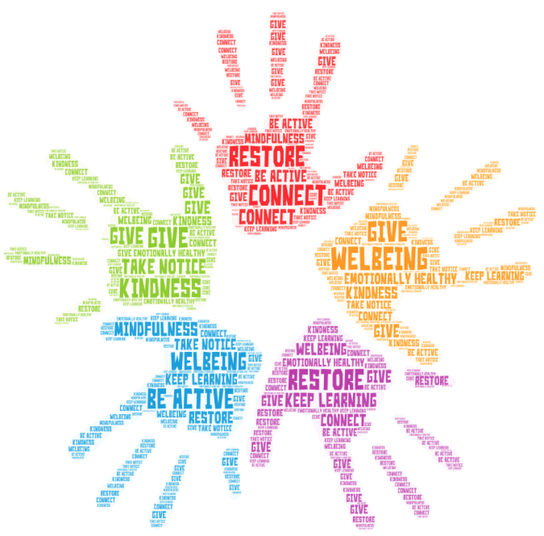Wellbeing

EMOTIONAL HEALTH and WELLBEING
“Caring for the mind is as important and crucial as caring for the body. In fact one cannot be healthy without the other.” Sid Garza-Hillman
Free Parenting Courses
Did you know North Tyneside Council have PRE-PAID for every parent and carer in North Tyneside to access a range of courses for parents/carers (access now for life-long access)?
There are courses for parents, carers and grandparents about children from bump to 19+ years, from the Solihull Approach (NHS).
Visit www.inourplace.co.uk and use the access code QUADRANT to sign up to any of the following courses:
-
Understanding your pregnancy, birth, labour and your baby
-
Understanding your baby
-
Understanding your child (0-19+ yrs, main course)
-
Understanding your child with additional needs (0-19+ yrs, main course)
-
Understanding your child’s feelings (taster course)
-
Understanding your child’s brain (short course)
-
‘Understanding your brain (for teenagers only!)’
-
Understanding your child’s mental health and wellbeing (accompanies UYC and UYCAD)
With the help of the PTA and parent volunteers, money raised has enabled the school to create a fantastic room called The Hub – this relaxing space has been set up for all children to access for mindfulness, nurture, relaxation, quiet time, self reflection, learning and play. Activities within The Hub are mostly targeted at helping children to develop, achieve and maintain great emotional health.
Managing School Holidays
- Some children, and those who are autistic, can find changes in routine tricky, and with a school holiday approaching a change is coming!
- Some tips for helping children to manage holiday time include:
- Set a routine
- Consistent wake-up times and schedules during the school term provide comfort and familiarity for some children. While it’s impossible to maintain the exact routine during the school holidays, creating a regular schedule can help to ease anxiety
- Keep some elements of the school routine, such as mealtimes and bedtimes consistent. Structure the day into blocks—morning, afternoon, and evening, and talk in advance about the activities planned for each period.
- Regularly talking with your child about changes in their routine is crucial. Discuss their concerns, what they are excited about, and how they want to spend their time during the holidays. Transparency about potentially challenging aspects, like long journeys, can help prepare them. Social stories can be an effective tool to introduce new or challenging scenarios in an understandable way. You can find out more about social stories here https://www.autism.org.uk/advice-and-guidance/topics/communication/communication-tools/social-stories-and-comic-strip-coversations and https://therapyworks.com/blog/language-development/home-tips/using-social-stories-improve-childs-development/
- Visual timetables, making a ‘calendar for the week’, using photos and pictures to outline the day or week, can help your child know what to expect, reducing uncertainty and increasing predictability.
- New activities or visiting new places can be daunting for some children due to the many unknowns. Talking in advance about where you are going, how you will get there, what will happen and how long it will take can alleviate some of this stress.
- Everyone needs time to recharge, and for autistic children, this downtime is essential to calm their minds, decompress, and regulate emotions, preventing burnout. Schedule stay-at-home days between busy ones to allow your child to recharge. Additionally, include daily downtime; for instance, if you have morning activities, plan a few hours at home in the afternoon. While engaging activities are beneficial, it’s equally important to ensure your child has time to process, decompress, and pursue their hobbies.
By following these tips, you can help make the school holidays more enjoyable and less stressful for your child and your entire family. However, keep in mind that every child is different, so not every tip will work for everyone.





















